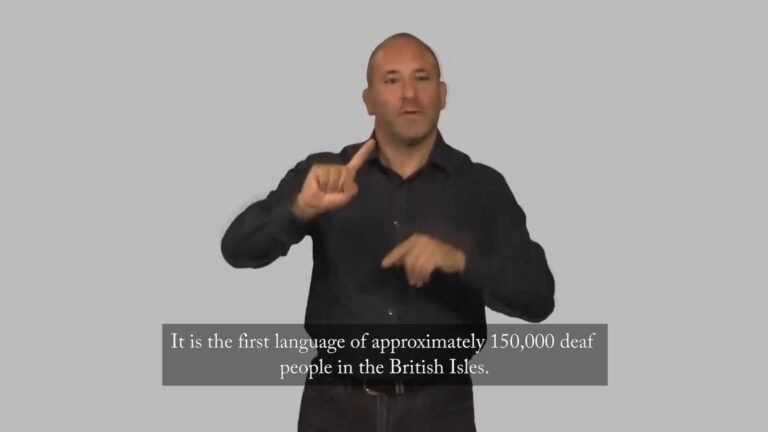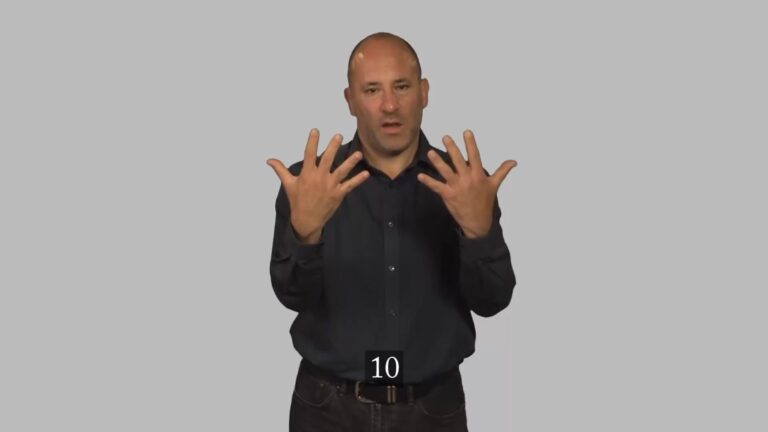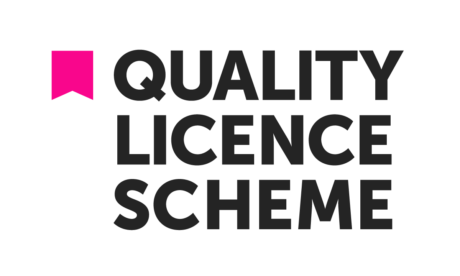Course Curriculum
| EYFS Teaching Assistant Training Course - Updated Version | |||
| Introduction to the Early Years Foundation Stage (EYFS) | 00:12:00 | ||
| Importance of Early Years Development | 00:19:00 | ||
| EYFS Teaching Techniques | 00:14:00 | ||
| Working as an EYFS Teacher | 00:18:00 | ||
| Promoting Learning & Development | 00:29:00 | ||
| Children Having Special Education Needs or Disabilities | 00:16:00 | ||
| Parents Guide to the Early Years Foundation Stage | 00:09:00 | ||
| Welfare Requirements | 00:16:00 | ||
| The EYFS Educational Philosophies and Privileges | 00:13:00 | ||
| Registration, Inspection, and Quality Improvement | 00:10:00 | ||
| EYFS Framework in 2021 | 00:10:00 | ||
| Mock Exam | |||
| Mock Exam – EYFS Teaching Assistant Training Course | 00:20:00 | ||
| Final Exam | |||
| Final Exam – EYFS Teaching Assistant Training Course | 00:20:00 | ||
| Assignment | |||
| Assignment – EYFS Teaching Assistant Training Course | 1 week | ||
| Order Your Certificate | |||
| Order your Certificate QLS | 00:00:00 | ||
| Recommended Materials | |||
| Workbook – EYFS Teaching Assistant Training Course | 1 week, 4 days | ||
| EYFS Teaching Assistant Training Course - Old Version | |||
| Module 1: Introduction to EYFS Teaching and Early Years of Childhood Development | |||
| The Importance of Education in Early Childhood | 00:15:00 | ||
| Why is Education Important? | 00:15:00 | ||
| Key Benefits of Early Childhood Education | 00:15:00 | ||
| The Importance of Parent Involvement in Early Childhood Education | 00:05:00 | ||
| How Education Affects Early Childhood Development | 00:15:00 | ||
| Qualities of a Good Early Childhood Teacher | 00:05:00 | ||
| Module 2: Working as an EYFS Teacher | |||
| The Role of the Early Years Teacher | 00:15:00 | ||
| Working with Young Children | 00:15:00 | ||
| Teaching Kids Life Skills at an Early Age | 00:15:00 | ||
| Teach Preschool Kids to Count | 00:15:00 | ||
| Set Up a Reward System for Children | 00:15:00 | ||
| Teach New Skills by Acting out Scenes | 00:05:00 | ||
| Teach Kids About Their Feelings | 00:05:00 | ||
| Teach Self-Care Skills to Children with Special Needs | 00:15:00 | ||
| Teach Your Kids Time Management Skills | 00:30:00 | ||
| Requirements, Qualifications and Useful Skills | 00:05:00 | ||
| Module 3: Understanding the EYFS Framework | |||
| The Early Years Framework | 00:30:00 | ||
| Understanding the EYFS Framework | 00:05:00 | ||
| A Fair and Flexible Framework | 00:05:00 | ||
| Regulation of Learning and Development | 00:15:00 | ||
| Module 4: Promoting Learning and Development | |||
| The Learning and Development Requirements | 00:30:00 | ||
| The Early Learning Goals | 00:15:00 | ||
| The Characteristics of Effective Learning | 00:30:00 | ||
| Module 5: Curriculum for EYFS Teaching | |||
| The EYFS Curriculum Design | 00:05:00 | ||
| Learning and Teaching Through Play | 00:30:00 | ||
| Playful Learning and Playful Teaching | 00:15:00 | ||
| Module 6: Methods for EYFS Teaching | |||
| Teaching Methods | 00:15:00 | ||
| Strategies for 21st Century Early Childhood Teachers | 00:15:00 | ||
| Creating an Enabling Environment | 00:30:00 | ||
| Innovative Ideas to Make Your Teaching Methods More Effective | 00:15:00 | ||
| Module 7: Working with Children Having Special Education Needs or Disabilities (SEN/SEND) | |||
| Understand Constructivism in the Classroom and know your role as a teacher | 01:00:00 | ||
| SEN Code of Practice | 01:00:00 | ||
| Get an Understanding on SENCO | 01:00:00 | ||
| Classroom Management Strategies for Children with Special Needs | 00:30:00 | ||
| Physical Difficulties, Sensory Difficulties, Cognitive Impairments of Pupils | 01:00:00 | ||
| How to Deal with Pupils with Autism | 00:30:00 | ||
| Module 8: EYFS and Educational Philosophies and Exemptions to the EYFS | |||
| Montessori and the EYFS | 00:05:00 | ||
| The Montessori Approach | 00:15:00 | ||
| Exemptions from EYFS Learning and Development Requirements | 00:15:00 | ||
| Module 9: Promoting Child Welfare in the Early Years | |||
| Welfare Requirements become Safeguarding and Welfare Requirements | 00:05:00 | ||
| Staffing Roles and Responsibilities | 00:05:00 | ||
| Module 10: Finding Work as an EYFS Teacher | |||
| Early Years Teacher | 00:30:00 | ||
| Teaching Jobs: Where to Find Them and When to Apply | 00:15:00 | ||
| How to write a must-read CV | 00:15:00 | ||
Course Reviews
Frequently asked questions
Can’t find the anwser you’re looking for ? Reach out to customer support team.
Patience, strong communication skills, empathy, adaptability, and a foundational understanding of child development and EYFS (Early Years Foundation Stage) framework are essential. Additionally, the ability to work well in a team and manage small group activities is important.
A recognized qualification for a teaching assistant can include a Level 2 or Level 3 Diploma in Supporting Teaching and Learning, or a similar qualification specific to early childhood education.
A Level 3 early years teaching assistant has completed a qualification that covers advanced knowledge and skills for supporting learning and development in children from birth to five years, typically within the EYFS framework.
While formal qualifications aren't always mandatory, most employers prefer candidates with at least a Level 2 or Level 3 Diploma in Supporting Teaching and Learning or equivalent. GCSEs in English and Maths may also be required.
To become a nursery assistant, you often need GCSEs in English and Maths and a relevant childcare qualification like a Level 2 or 3 Certificate in Childcare. Experience in childcare settings can be beneficial, and further training may be provided on the job.
The average salary for a teaching assistant in the UK ranges from £14,000 to £25,000 per year, depending on location, experience, and qualifications.
A Level 1 teaching assistant in the UK typically assists with basic tasks under close supervision. This role may require minimal qualifications and focuses on supporting classroom activities and student needs.
A Level 1 teaching assistant course in the UK provides introductory knowledge and skills for supporting teaching and learning in schools. It covers basic classroom assistance and working with children under direct supervision.
Highlight your educational background, any relevant qualifications, experience in educational settings, and key skills like communication, teamwork, and knowledge of educational frameworks. Tailor your CV to the specific job requirements.
Be patient, nurturing, and communicative. Understand child development, EYFS standards, and be proactive in supporting children's learning and well-being. Work collaboratively with nursery staff and engage with children in creative and educational activities.
A reception TA supports the teacher in managing the classroom, assisting with learning activities, and providing individual support to students in the reception class (typically ages 4-5). They help with classroom preparation and student welfare.
In EYFS, a teaching assistant supports the teacher in delivering the curriculum, assists with classroom management, and provides targeted support to individual children or small groups to enhance learning and development.
Skills include effective communication, empathy, organisation, adaptability, knowledge of educational practices and child development, and the ability to support diverse learning needs.
The main role is to support the teacher in delivering the curriculum, assist with classroom management, provide targeted support to students, and contribute to a positive learning environment.
Be proactive, communicate effectively, understand the educational needs of students, be adaptable, collaborate with teachers and parents, and continually seek professional development.
The highest level for a teaching assistant can be a Level 4 Higher Level Teaching Assistant (HLTA) status, where the assistant takes on more responsibility, including covering classes and supporting lesson planning.
In a school setting, a receptionist typically manages front desk operations, including greeting visitors, answering phone calls, handling inquiries, and assisting with administrative tasks.
Include your contact information, a professional summary, relevant work experience (highlighting customer service and administrative skills), educational background, and any specific qualifications or certifications.
A reception position involves managing the front desk or reception area, handling guest or visitor inquiries, managing communication lines, and supporting various administrative tasks.
They support by providing individualised assistance, facilitating group activities, adapting materials to meet learning needs, and helping maintain a safe and nurturing learning environment.
Teaching assistants can contribute by preparing materials, offering insights on student needs, and suggesting adaptations or activities that align with students' learning styles and abilities.
Typically, a standard TA may assist in a reception class under the supervision of a qualified teacher. A Higher Level Teaching Assistant (HLTA) may cover classes more independently.





 LOGIN/Sign up
LOGIN/Sign up










the course itself was an amazing lerning opputionety to axpand my knowlegh and to work on
Really enjoyed this course.